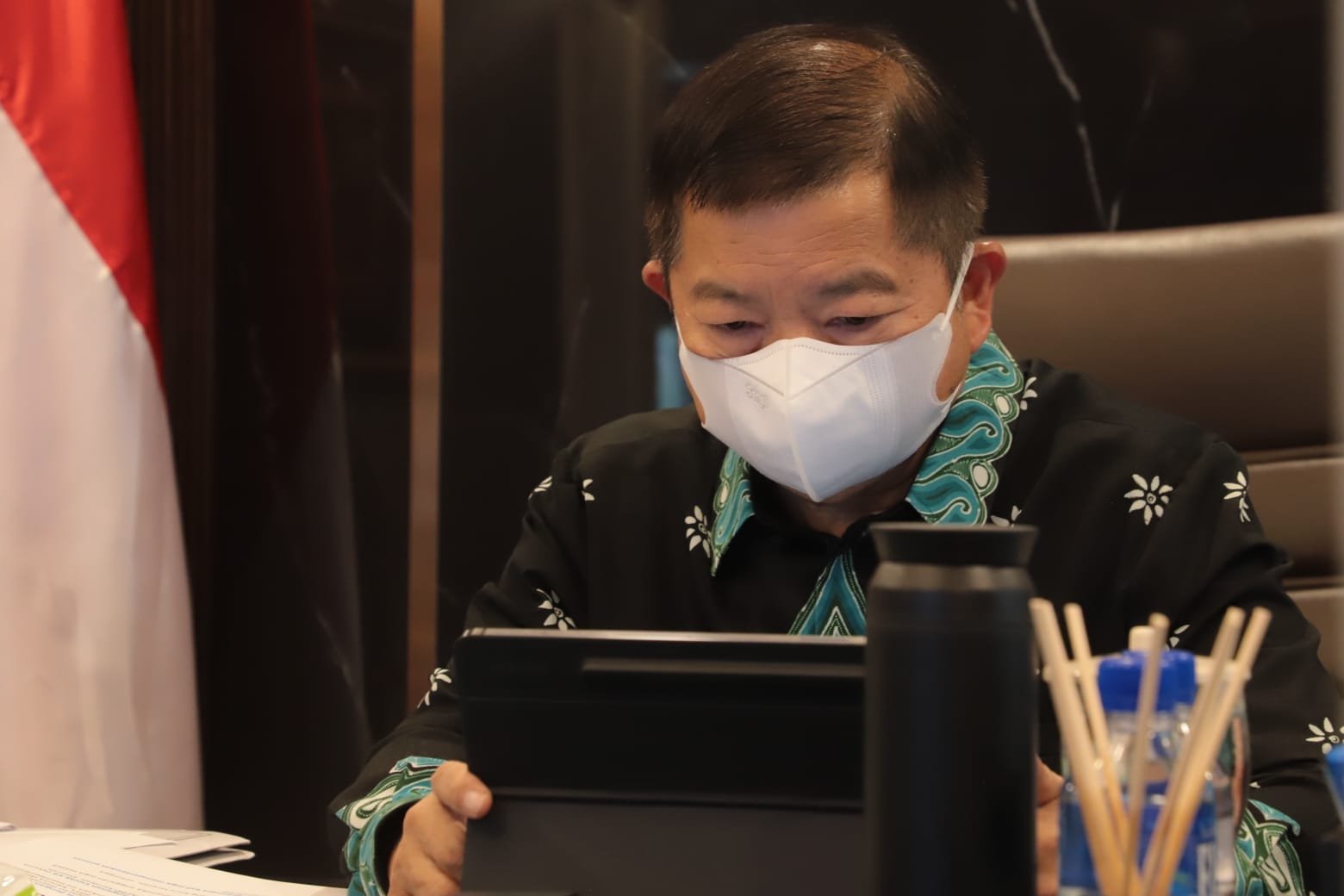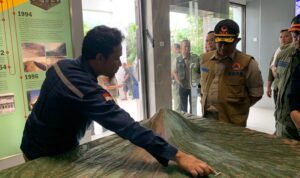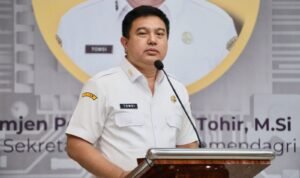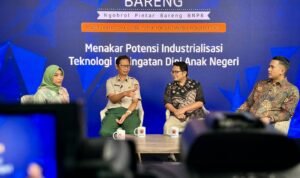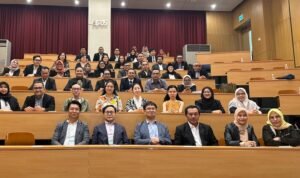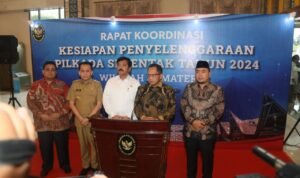Jakarta–Detakpos.com-Indonesia has experienced a long history starting from the period of struggle, to the proclamation of independence on August 17, 1945 by Soekarno – Hatta, to realize an independent, united, sovereign, just and prosperous Indonesia.
The struggle to maintain independence also continues when facing aggression from the invaders or separatist upheaval from regions that want to secede. Indonesia also participates internationally such as in organizing the Asian-African Conference, as well as the formation of the Non-Aligned Movement.
To accelerate achievement of Indonesia’s vision, the Vision of Indonesia Year 2045 was formulated with four foundations/pillars, namely (1) Human Development and Mastery of Science and Technology (IPTEK); (2) Sustainable Economic Development; (3) Equitable Development; and (4) Consolidation of National Resilience/Government Governance. The four pillars were built on the basis of Pancasila and the 1945 Constitution as the basis of the nation, state and constitution.
The first pillar is Human Development and Mastery of Science and Technology. The quality of human beings in Indonesia is increasing with higher and more equitable education, strong culture, health status, life expectancy, and better quality of life, high productivity, and the ability of mastering science and technology broadly.
The Second Pillar is Sustainable Economic Development. Indonesia is a developed country and is one of the world’s largest economies driven by investment and trade, industry, tourism, maritime and services, and is supported by reliable infrastructure and has strong food, energy and water security.
The Third Pillar is Equitable Development. Inclusive development in Indonesia, more equitable income for all people, narrowing inter-regional disparities, integrated and equitable infrastructure, and acute poverty have been successfully eradicated.
The Fourth Pillar is Consolidating National Resilience and Governance. National Resilience and Governance is getting stronger with better quality of democracy, institutional and bureaucratic reform, development of a national legal system and anti-corruption, free and active implementation of foreign policy, and high defense and security capabilities.(HMS)
Editor: A Adib


